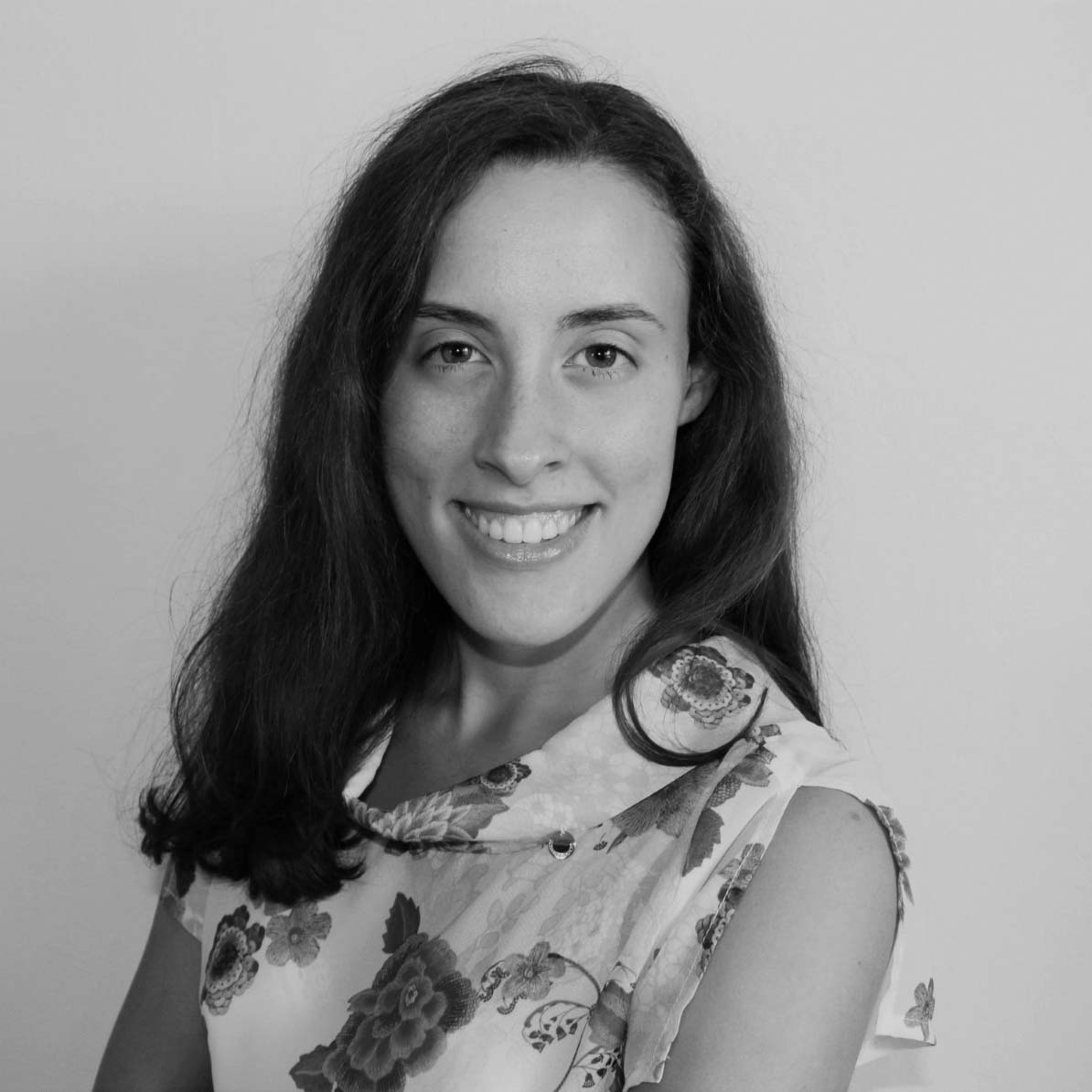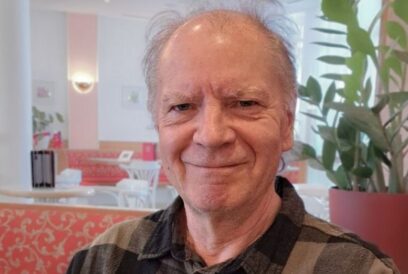
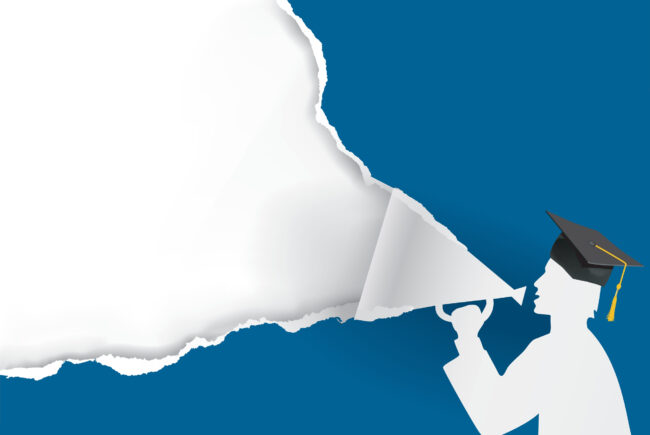
There are many potential paths in the research of adult education and lifelong learning. Photo: Shutterstock
“I wanted to change the system” – Three paths to research in adult education
Published:There are many potential paths in the research of adult education and lifelong learning. Photo: Shutterstock
Scholars from Iceland, Finland and Ireland share why they embarked on an academic career and how they chose their research topic.
Hildur Betty Kristjánsdóttir, Iceland:
“I have been working for years at lifelong learning centres, specifically with people who did not finish secondary school and are now trying to progress in their careers.
In Iceland, we have a system called recognition of prior learning. Institutions or adult learning centres evaluate skills and knowledge acquired by individuals outside the classroom, drawing, for example, from their personal or professional life.
The fact that a person was not able to finish school does not mean that they are less valuable. I see them as people with great potential that they acquired through work, volunteering and other experiences.
I believe that the best way to make a real change is to raise awareness from inside the academic world.
My aim was to do more than just work with them as a counsellor. I wanted to change the system and, since I was very curious about how it worked, I went back to university and started my research on the benefits of validation of prior learning for individuals in life and work.
I believe that the best way to make a real change is to raise awareness from inside the academic world.
The research heavily relies on field observation, because I work with 19 people between 31 and 65 years old who are trying to get validation for the skills they have acquired through the years. I can see that they feel the need to get the final piece of paper, that diploma which will certify their abilities.
Often if somebody has left school very young, they might feel self-conscious, but we facilitate this process and make them realise that the years they have spent outside the educational system were not wasted, because they have gained skills like time management, teamwork, problem-solving and much more.
I have been conducting interviews for years and now I am drawing the conclusions. I have certainly collected a lot of material, but one of the most relevant benefits of recognition of prior learning is the fact that, unlike other types of assessments, this does not judge a person based on their qualifications or age, but on their real abilities and skills.
What makes me feel most honoured is when I see the students feeling confident and proud of their achievement.”
Hildur Betty Kristjánsdóttir
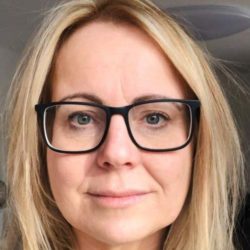
- is a doctoral student and adjunct professor in adult education at the University of Iceland.
- Her research focuses on the benefits of validation/recognition of prior learning for individuals in life and work.
- Worked for 8 years at Lifelong Learning Center SÍMEY as a project manager and career and guidance counsellor.
- since 2022 the Managing director of the Education and Training Service Centre in Iceland
Ville Mankki, Finland:
“I became a researcher when I found for myself a meaningful research topic from the selection for students in teacher education. I found exploring and developing the selections not only personally interesting but also useful in general.
In December 2019, I defended my doctoral thesis at the University of Tampere on the role of teacher trainers as gatekeepers of teacher education. When I do research, I am inspired by making the invisible visible and correcting conceptions that are taken for granted, are incomplete or downright wrong.
From time to time, I also find that I like the discipline, even a certain asceticism, that research essentially requires. If I did not do research, I would probably work as a primary school teacher or at least in basic education.
Even light collaboration between disciplines is likely to lead to an even richer understanding of issues.
Andragogy is needed in society because of the phenomena attracted to it. Without pedagogy, complex social phenomena would be examined in a more incomplete and limited way.
Not all researchers need to be hyperactive on social media or constantly writing opinion columns in newspapers, but a general willingness to discuss and debate – to break free of academic circles and one’s own thoughts – would be good. Public debate goes on either way. Only researchers themselves, however, can ultimately influence whether justified and research-based views are expressed in such debate.
I myself respect the openness of researchers to get involved in new topics of research, and their ability to react quickly if necessary. Therefore, in addition to other topics, I have also been trying to study the professional development of teachers during the period of distance learning caused by the coronavirus pandemic.
I strive for open cooperation, both within my own faculty and with those at other university teacher-training units. Even light collaboration between disciplines is likely to lead to an even richer understanding of issues.”
This is a translated excerpt from an interview originally published in the Aikuiskasvatus journal. The original article was written Mirva Heikkilä.
Ville Mankki
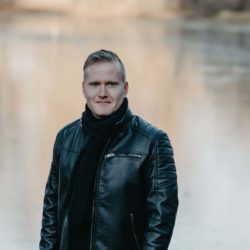
Photo: Annika Tuominen
- Works as a university research fellow at the University of Turku.
- Researches the phenomena of teacher education and teachers’ work.
- Lives in Tampere, Finland.
Bríd Connolly, Ireland:
“I have been working as a community educator for years and I ended up on the academic path rather by chance. I was asked to conduct research about women in adult education and I realised that there was little material about it.
Unfortunately, I soon found out that there was widespread gender discrimination in this field and only projects concerning men were considered eligible for funding. So, it was incredibly hard for me, as a female researcher, to conduct interviews and studies on the effects of adult education on women.
Female education in Ireland has always been a taboo.
I have always known the reason why I was so attracted to research: I wanted to study in depth the effects of adult education on the most disadvantaged groups of people, whether that was women or learners with disabilities. I knew that if I had analysed the way they were learning, what methods worked, what difficulties they encountered I could have contributed to the improvement of the system of adult education.
The starting point, which eventually was proven to be true, was that women who attended lifelong centres were becoming more autonomous and aware of their position in society.
Female education in Ireland has always been a taboo. Why would a family that was living in poor conditions invest money in educating a girl rather than a boy? Similarly, women found it incredibly hard to access adult education, and people thought that they were just learning how to cook or knit, an idea that merely reinforced gender stereotypes.
However, during my studies I realised that women in community centre classes were developing a strong sense of unity and solidarity, claiming back their agency in society. For them, adult education really plays an advocacy role.
Now that I’m about to retire, I can draw a conclusion on the state of adult education for marginalised groups: the situation has undoubtedly improved because more women, minorities or people with disabilities have access to these classes.
However, I think that both researchers and teachers should now focus on providing real integration for everybody. This not only means allowing each individual access to adult education but giving them the appropriate resources to get the most out of it.“
Bríd Connolly
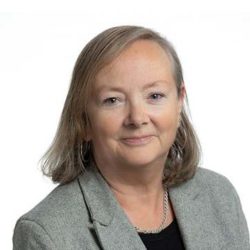
- Dr Connolly is a researcher for Maynooth University School of Education.
- She has been working for over 30 years as a community educator.
- Her research mainly focuses on the connection between adult education and feminism.
Author
